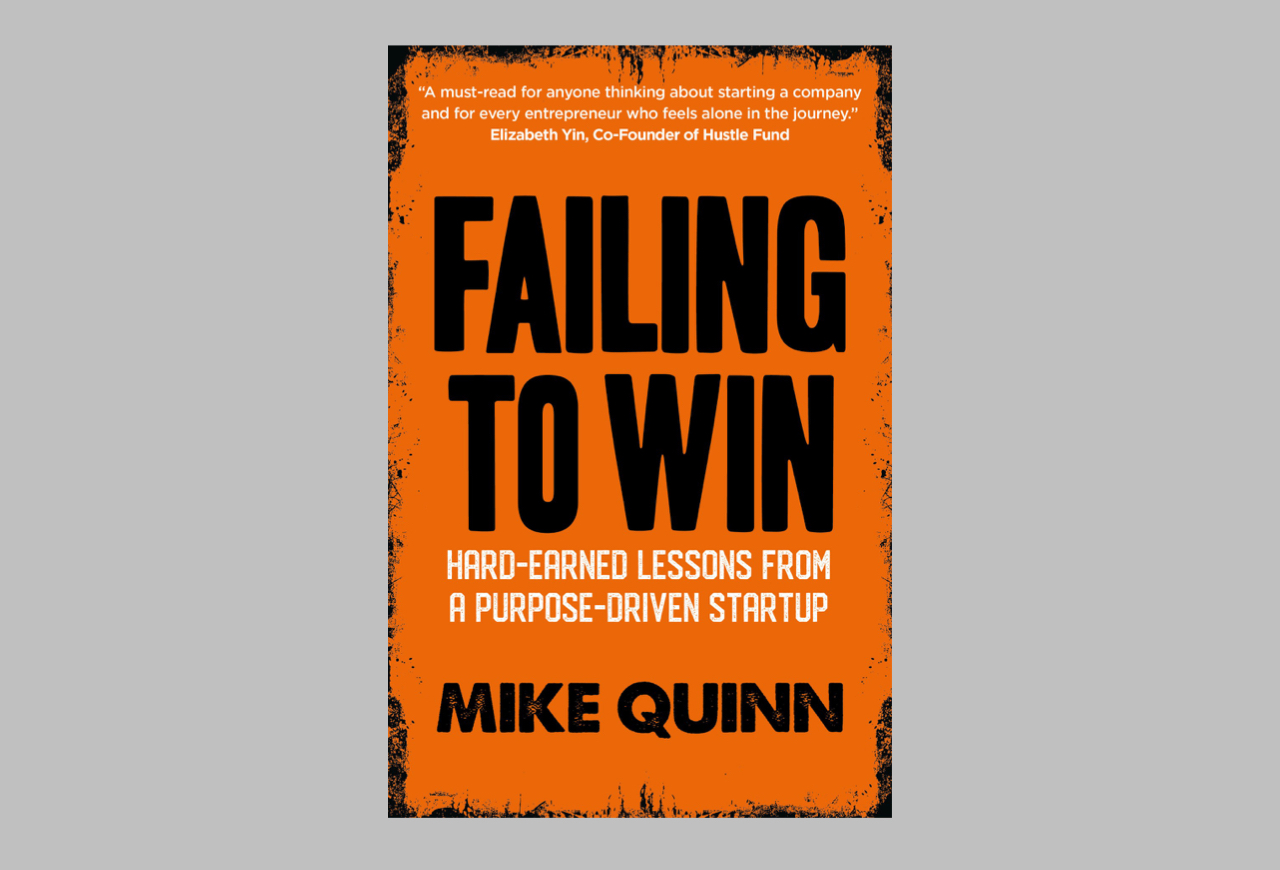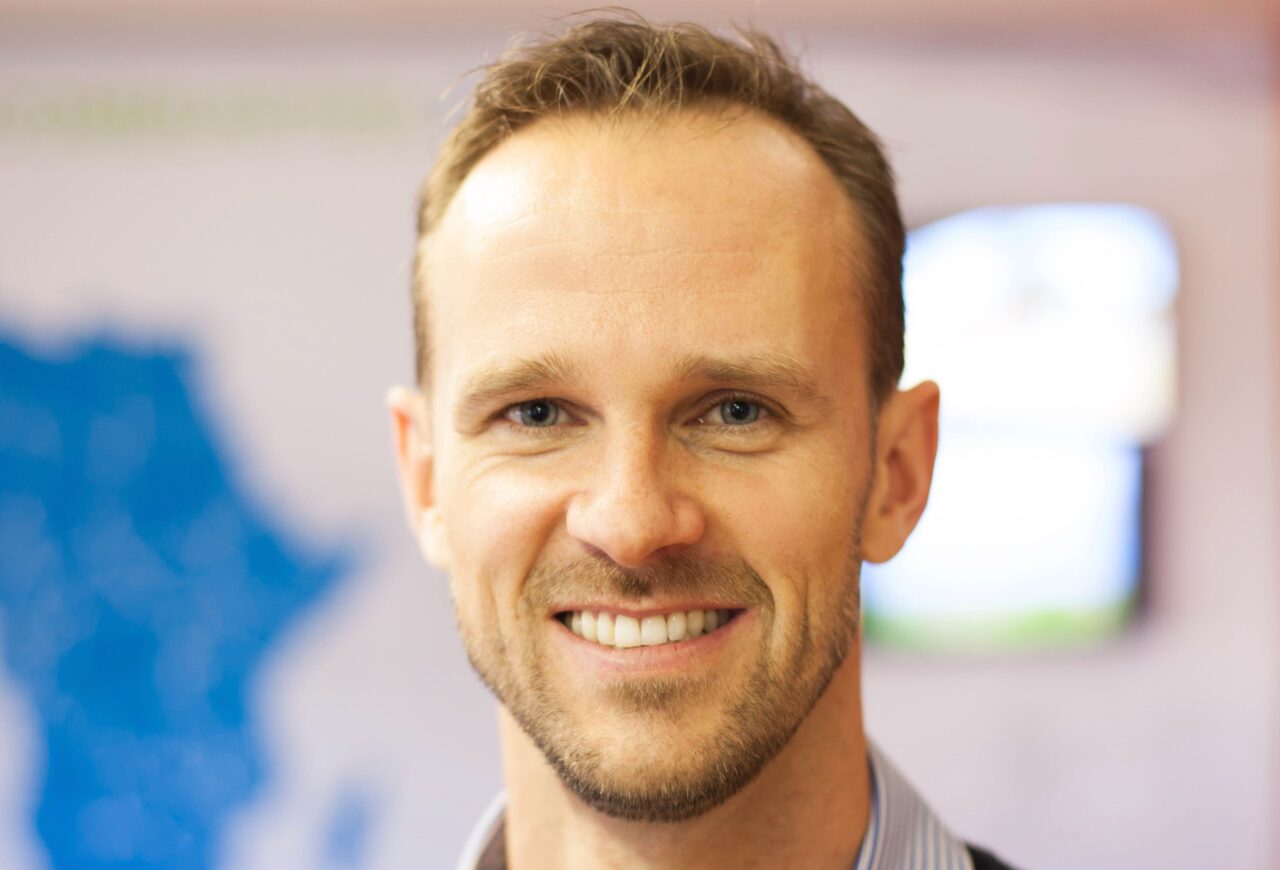Mike Quinn’s heart-rending story of entrepreneurial failure takes us on his personal journey of founding a purpose-driven startup, seeing it fail, and all the hard-learned lessons along the way

In brief
· Mike Quinn was co-founder and CEO of Zoona, which sought to achieve the vision of “a cashless Africa”
· After ten eventful years, Zoona eventually collapsed, and Quinn started this book essentially “as a letter to myself”
· Quinn is brutally honest and unstinting in his self-criticism as he takes us through founding, failure and winning. He is now CEO of startup Boost
Mike Quinn describes himself as an “idealistic and ambitious young Canadian”.

After experience in Ghana and Zambia volunteering for ‘Engineers Without Borders’, and a scholarship for Social Entrepreneurship from Oxford Business School, he felt himself ready to “pursue a purpose-driven career as an entrepreneur in Africa”. He was wrong.
In this heart-rending story of entrepreneurial failure, Quinn comes across as a very likeable guy with a tendency to “wear his heart on his sleeve”.
“As I lay awake one Sunday night, I realized I couldn’t prevent the thing I had been most afraid of: Failing.” After Zoona does indeed go down, “with my confidence at an all-time low” he confesses to a seminar where attendees presented their stories of failure. “My story was still very raw and intensely emotional as it poured out of me.” One can’t help feeling for his wife Isabelle, to whom he rightly dedicates this cri de coeur.
Quinn is hard on himself throughout but “in between the failures there was a lot of winning”. Over its ten-year life between 2009-19, Zoona, which means “it’s real” in the Zambian language Nyanja, processed $2.5bn in transactions for millions of previously underserved customers. And more than 3,000 people got the opportunity to run their own Zoona agencies, further invigorating their local communities.
All of this speaks well to Quinn’ idealism and ambition.
Impulsiveness
Yet what comes across clearly in this book, and it is a salutary lesson to many would be entrepreneurs, is just how inexperienced and unprepared he was to run a business. “There is a tax for being first to market with a new innovation and no or few similar models to learn from.” But there is also a “surcharge on top of this when you are a first-time entrepreneur as I was”.
He repeatedly grabs at the first idea to come along without detailed analysis, let alone careful consideration. This includes the original idea of teaming up with Brad and Brett Magreth to found Zoona. During an over-excited lunch with his wife Isabelle, Quinn tells her “these guys have the potential to transform Africa. I don’t think I’m going to find a better opportunity”.
Well this might be because he didn’t look. “Even though I hadn’t explored any other opportunities in detail in Zambia, I found myself desperately wanting to work with them.”
When Chris Miller comes to give advice on the direction of the soon struggling company, Quinn hires him as COO on the spot and without “defining his COO role”. To solve a growing HR crisis Quinn hires Barbara Smith, “the first candidate referred to me and the only one I interviewed”.
People management
Managing people was not his only weakness. When seeking funding he admits “I had never seen an equity term sheet before and there were many things I didn’t understand”. And was it really sensible after the first successful funding round to “anticipate a time of jovial relaxation ahead”. I think not.
The personal interactions of the senior management team at Zoona seem to have been a real source of most of its problems. Ever self-flagellating, Quinn admits “most of this was due to my complete lack of board experience”.
In an industry that was all about inclusivity, Quinn had an “inner circle” within the board who “communicated almost telepathically about big decisions”.
One can understand how excluding this must have been to others, including Miller and Smith. Eventually Quinn fires both of them, and sends Miller a six-page memo telling him he’s not up to the job. Quinn says he “felt emotionally drained” and “sick all the time”. One wonders how Miller felt.
Learning from mistakes
Quinn says: “My goal with sharing this book is to help tilt the odds in favour of all of the courageous entrepreneurs who are trying to make the world a better place.” And there are plenty of lessons here.
In ‘Letting Go’, Wrobel and Massey warn against highly concentrated decision-making by often naïve entrepreneurs. And they quote Abdul-Karim Mohammed’s analysis of the Global Impact investing Network’s database, indicating that out of “two hundred eighty-six deals, more than half went to companies that had only white founders.” All of this came to mind.
At least this is a story with a happy ending. Quinn has built a new venture Boost, “with the ten-year goal of enabling ten million MSMEs to be included and thrive in Africa’s emerging digital economy”. Quinn says he has put together a structure and business model that “drew directly from lessons learnt from my biggest past failures”.






